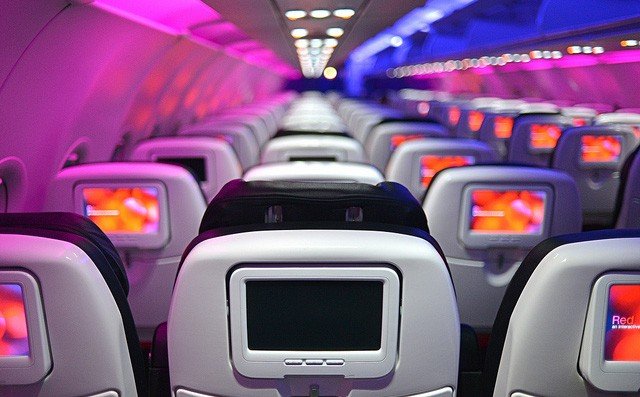
While the average width of an airplane seat has been shrinking for decades, bodies are getting larger around the world, with experts predicting that over half of the global population will be overweight or obese by 2035. This ultimately means that more and more passengers are likely to be finding it difficult to fit into airplane seats, and some may be hit in the pocket as a result. Policies around plus-size travelers tend to vary from airline to airline. While a number, including United Airlines, require “customers who require extra seating” to buy an additional seat in advance, some refund the purchase if one or more seats are available after takeoff. However, there is no universal standard as such.
Different airlines have different guidelines. Some have no guidelines at all, meaning that even well-informed travelers can have trouble keeping up. In April, plus-size travel influencer Jae’lynn Chaney launched a petition urging the Federal Aviation Administration (FAA) to mandate all airlines for a comprehensive customer-of-size policy that “prioritizes the comfort and well-being of all passengers.” “We need the policies to be a little bit more standardized,” Chaney tells CNN Travel. “At the bare minimum, we need every airline to have a policy that tells people of size how to navigate their airline.”
Charles Leocha, co-founder of airline consumer advocacy group Travelers United, shares this sentiment. “All plus-sized passengers are appreciative of knowing the rules,” he adds. “It eliminates many misunderstandings.” Outside of the US, the Australian Consumer Law prohibits airlines from charging passengers different amounts based on their body sizes. Meanwhile, the “one person, one fare” (1p1f) policy, which prevented domestic airlines Air Canada, Air Canada Jazz and WestJet from charging passengers requiring an extra seat for more than one fare, was passed by the Canadian Transportation Agency in 2008.
Obesity is recognized as a disability in Canada, and passengers must be considered “functionally disabled by obesity,” to meet the requirements for a free extra seat.However, the rule only applies to domestic flights, which means that plus-size travelers still need to buy an extra seat when going on an international flight